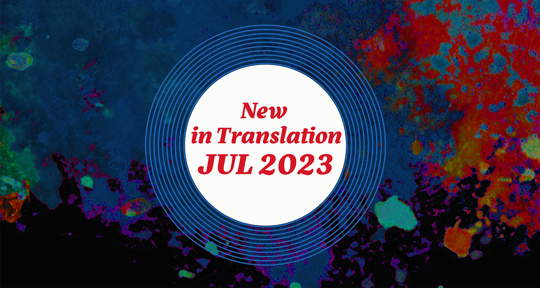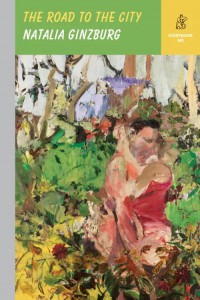This week, our Editors-at-Large bring us around the world for updates on literary workshops, readings, and conferences! From a workshop dedicated to Kapampangan literature in the Philippines, to the thriving Mahala Bookstore in Bulgaria, to ALTA’s online Write the World panels, read on to learn more!
Alton Melvar M Dapanas, Editor-at-Large, Reporting from the Philippines
Tomorrow, May 18, marks the deadline of the call for workshop participants for Pamiyabe, the regional creative writing workshop for young writers who hail from the northern Philippine region of Central Luzon. Across Central Luzon and Metro Manila, the Kapampangan language (also alternatively named Pampangan, Pampango, and Pampagueno) is the native tongue to over 3.2 million Filipinos.
Now in its 21st year, the Pamiyabe writing workshop is aimed at contributing towards the flourishing of Kapampangan literature and organised by The Angelite, the official student publication of Holy Angel University in Angeles City, Pampanga. This year’s theme is “Pamaglugug queng regalu ning milabasan, pamagkaul queng progreso ning kasalungsungan” (Nurturing the gift of the past, embracing the progress of the present).




